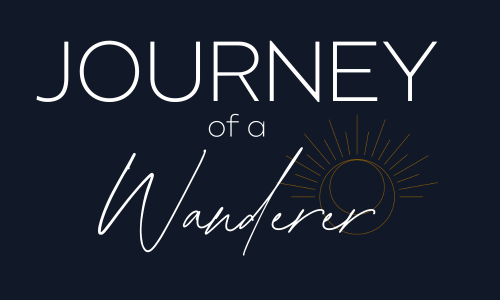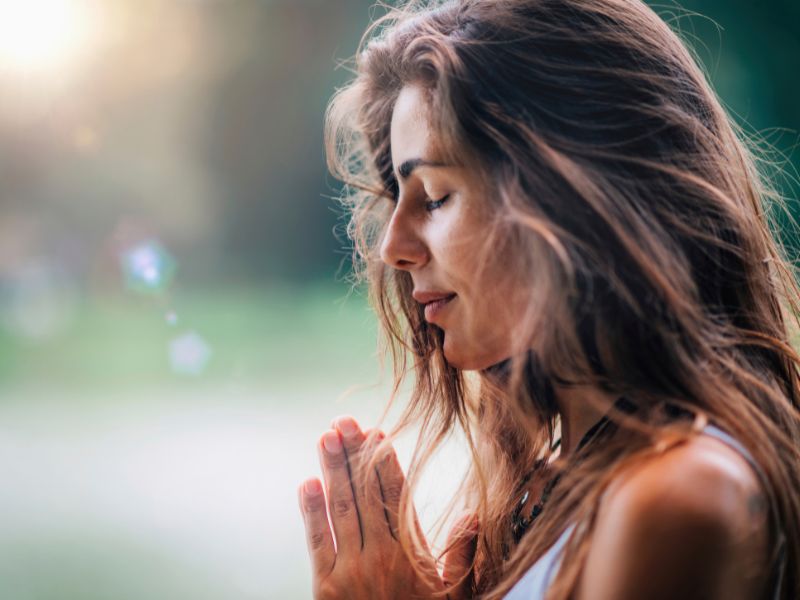I knew early in life that I was different but it took decades to comprehend just how different I truly was.
It was the early 2000s, a warm summer morning, and I remember sitting in my bedroom with my best friend as we put the final touches on our makeup. We were getting ready for a day at King’s Island—a sprawling 300-acre amusement park near my hometown of Cincinnati, Ohio. From the outside, I looked like any other teenage girl, but inside, I was wrestling with deep emotional, mental, and physical pain.
Why is such a seemingly ordinary day etched so vividly in my memory?
It was one of the first days I felt the full weight of trying to keep up with the world around me while my body seemed to betray me. At barely 18, I felt the aches and fatigue of someone much older. I hadn’t yet realized that this wasn’t something most people my age experienced, but I knew one thing for sure: I didn’t want to draw attention by slowing others down or being “different” because of my pain.
As I got dressed that morning, I debated the choice of shoes, knowing flip-flops wouldn’t support me through hours of walking. But like most teenagers, I longed to blend in, to be accepted. Luckily, my best friend was more interested in chatting with boys than riding roller coasters. We spent most of the day in the food court, avoiding long walks, and I was grateful for the reprieve. Even so, by the time I got home, I was in agonizing pain.
That day, which should have been an easy, carefree teenage adventure, became a stark reminder of how different my life would be from those around me.
From then on, I pushed myself.
I was constantly fighting to blend in, no matter how much it hurt.
Throughout my corporate career, I found places to retreat when the pain became too much—my empty office, the bathroom, the nursing room—anywhere I could find a moment of relief. But eventually, I couldn’t keep hiding it. At the height of my career, I was forced to confront just how much I didn’t fit in.
At the time, I was a Digital Marketing Manager for a Fortune 50 company and pregnant with my daughter.
Pregnancy was brutal from beginning to end; my body felt like it was barely holding on. I relied on the Mothers’ Room—intended as a nursing space—as a place to cope with severe hyperemesis gravidarum between meetings. However, my female boss didn’t approve of my need for extra space to manage my health.
She informed me that, moving forward, I’d need a doctor’s note just to use the Mothers’ Room.
Angry and frustrated, I went to my doctor for support. Once again, I was reminded that my relentless push to keep going was only worsening my condition. My doctor didn’t write a note for using the room; instead, she put me on immediate bed rest. The irony was almost comical—my boss’s lack of empathy led to her being without me entirely.
You might think that being on bedrest was a turning point. Nope.
It took years and countless struggles, but I slowly began to see that my worth wasn’t tied to how much I could endure or how well I could keep up. Every time I pushed myself to fit into a world that wasn’t built for me, I deepened the wounds of my childhood trauma, reinforcing the false belief that my value came from ignoring my pain.
The journey hasn’t been easy, but I’ve come to realize that true strength lies not in pushing through the pain but in honoring it. Learning to listen to my body, to accept my limitations, and to live at my own pace has become my path to healing. Now, I know that being different isn’t a burden—it’s a calling to forge a new way of living, one that honors my unique needs.
For so long, I thought I was less because I couldn’t fit in.
Today, I see that my path was never meant to mirror anyone else’s; it was always meant to be one of resilience, compassion, and self-honoring.
And that’s the message I hope to share with anyone who feels they don’t belong. Sometimes, the greatest strength is found not in conformity, but in embracing the beauty of our differences.

